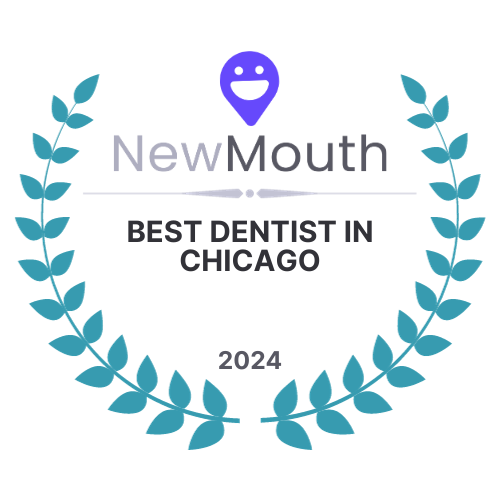While we sleep, all of our muscles relax, including those controlling our airways. For some people, this relaxation of the muscles, as well as skeletal pre-disposition, can cause their airways to collapse and restrict airflow by 80% or more. This condition is known as Sleep Apnea. In some individuals, these interruptions to breathing can occur as frequently as 30 or more times within an hour, sometimes lasting ten seconds or longer.
When your breathing is obstructed, your tissues are not able to receive adequate oxygen. Your brain tells your body to breathe, which can cause you to wake up gasping for air. As this cycle repeats throughout the night, you may often wake feeling as though you have had little or no sleep. Estimates place the population of adults with sleep apnea at 17 – 20%. Unfortunately, less than 10% of those with sleep apnea have been diagnosed. More than 18 million Americans suffer from sleep apnea. Studies have shown that nearly 50% of those with sleep apnea also have high blood pressure. Additionally, sleep apnea may increase your risk of having a stroke, heart attack, anxiety, and depression.
